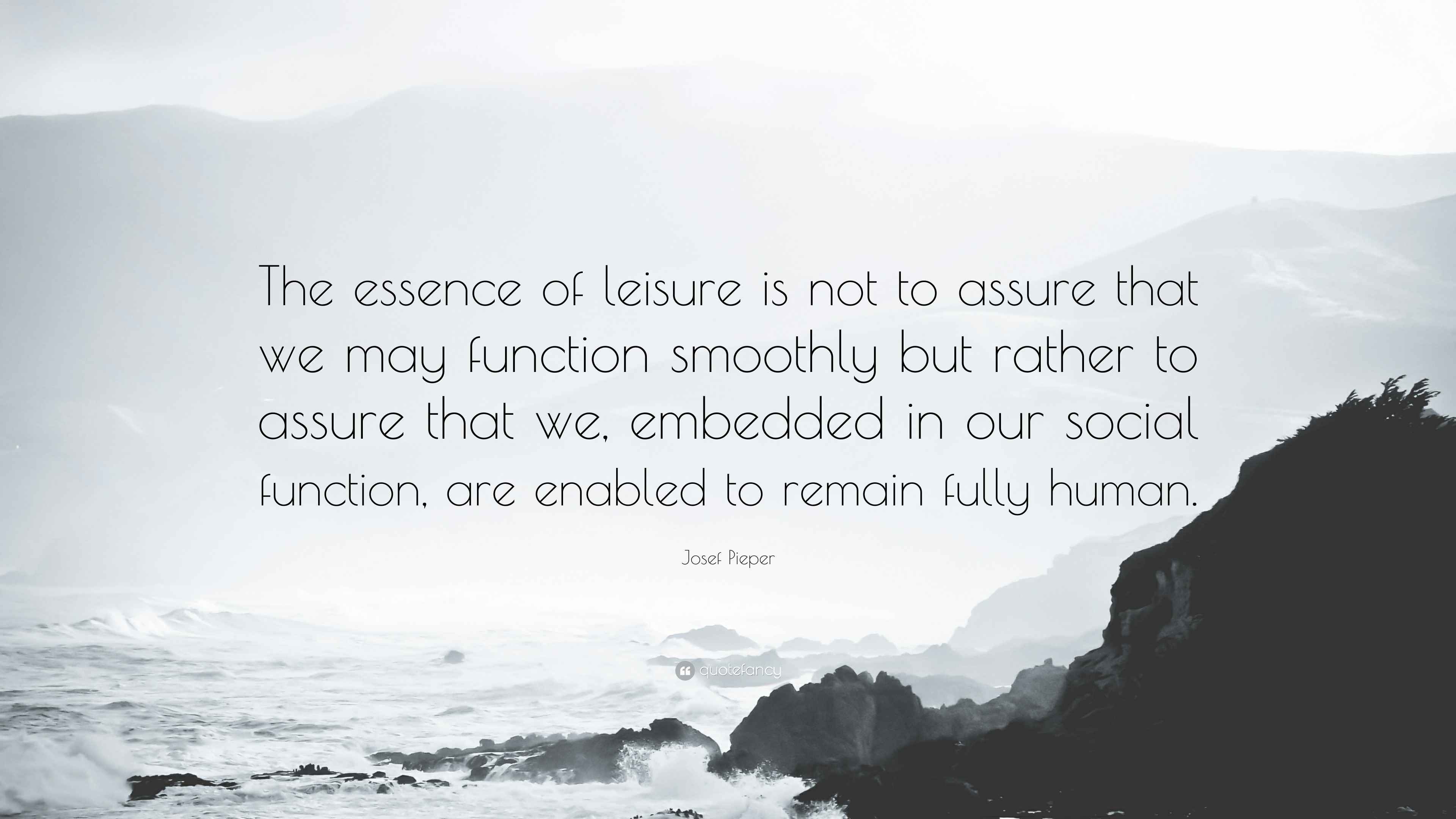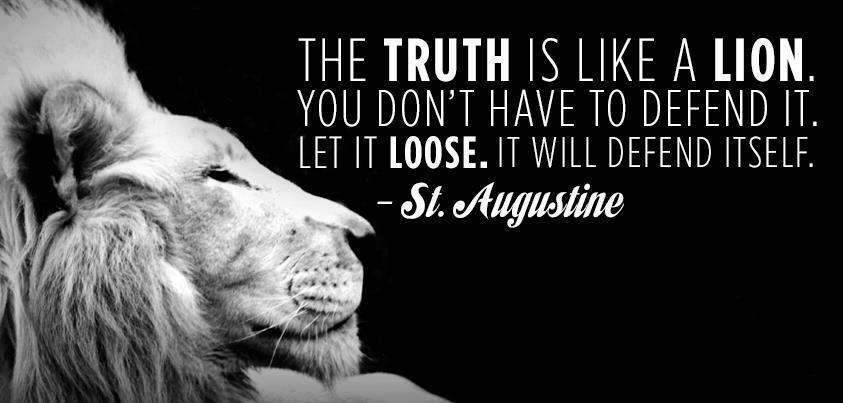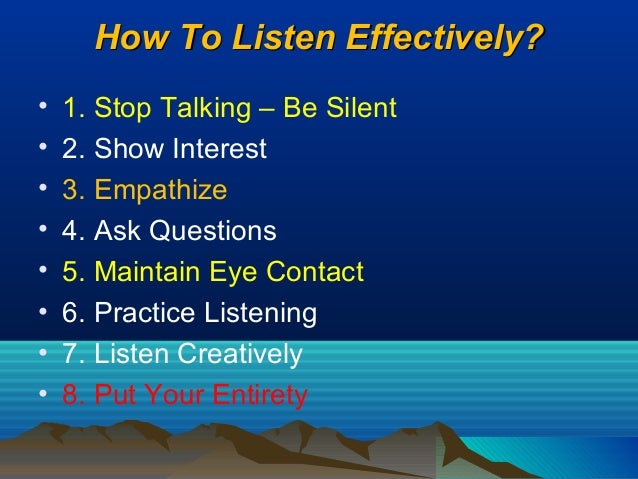In a featured article in the Catholic Times, the director of the Catholic Culture and Theology Institute gives the readers some reflections on how theology is 'reading the world'.
The task of theology is to explore what we believe and how we believe. Theology is to look into how faith is practiced in the here and now of our life. Is the church community to which we belong living according to the Gospel message?
What is the theology that reads the world?
What can and should theology do? What role does theology play in understanding the content of faith and maturing it? Is theology actually working in today's church? How does theology function in the formation of church communities and in the performance of church mission? Does theology provide practical and concrete help for believers in their daily lives?
Academic teaching can be hard and boring. Of course, the boundaries between theology as a systematic academic discipline and theology as reflection are not always clear. The two often overlap. However, I would like to focus on theology as religious reasoning and reflection as much as possible.
Theology to explore faith
Traditionally, the task of theology is to explore the origins and contents of faith; to study the process in the formation of doctrines, and to explore the truth contained in the tradition of faith and doctrine and its present meaning. Theology is always closely linked to faith and doctrine.
We believe in God in a Catholic way. It means that although I believe in God, the way of faith is Catholic. The task of theology is to explore what we believe systematically. Theology explores what revelation and faith are, how Christianity has understood God, how God's creation proceeds, who Jesus Christ is, what is the essence and mission of the church, the meaning of sin and grace, why in Catholicism the Seven Sacraments are important, and the meaning of holiness.
This search is the basic framework of theology. The question is whether theology is actually affecting us today. The writer honestly wonders: he reads many theology books but doesn't feel he is getting to know the contents of faith more deeply. What is the problem?
It may be because theological statements simply are over-represented as abstract concepts and propositions without honest consideration of where the readers are. For example, consider the proposition "Trust in God and be saved." When this statement is made what do we think and imagine? Does believing in God just mean that I accept and agree to the doctrinal proposition of God? If you think about and say the concept of God, does that mean you believe it? What do we imagine when we hear the word 'saved'? We don't bother to delve into what the word means in detail but accept salvation as a word we habitually hear without much thought. Theological reflection can help us uncover what we believe.
Reading the world with the eyes of the gospel and faith is also a task of theology and mission.
Theology that reflects on the church.
Theology is introspective. Reflection is always self-reflection. Theology should help change and reform the church. As the people of God, the body of Christ, and temples of the Holy Spirit, the church is beyond visible reality. On the other hand, the church is a realistic and concrete reality consisting of a religious system and various institutions. What is seen must be constantly directed at what is invisible. The real church is on a pilgrimage to completion. Reflections on the real church are also the tasks and mission of theology. The task of theology is to ask questions, reflect on whether today's church reality is truly evangelical, whether many norms and institutions in the church properly reflect the meaning of the gospel and faith.
Theology that reads the signs of the age
God is with us in our thoughts, in the church we live in, in our daily lives, and in our society. Theology should be able to talk about God in the world. It is theology to ask, reflect, and explore whether my daily life is evangelical, whether my heart, behavior, and attitude resemble Jesus in my family, neighborhood, and work, whether today's social phenomena and reality are desirable in terms of gospel and faith. Our theological quest cannot be buried only in our reason and within the church. Reading the world with the eyes of the gospel and faith is also a task of theology and mission.
Faith and church aim beyond the world. But at the same time, faith and church are always in the world. The theology of reading the world refers to the theology of exploring faith, the theology of reflecting on the church, the theology of reading the signs of the times. Theology includes exploration, reflection, and reading. and building relationships.
Doing theology is to explore what you believe in, its actual content and meaning. It is to identify whether the church you belong to is evangelical and to reflect on what efforts you are making to form this community. It is a reflection of how faith is expressed, confessed, practiced, in the home, workplace, and in society in which we live.





